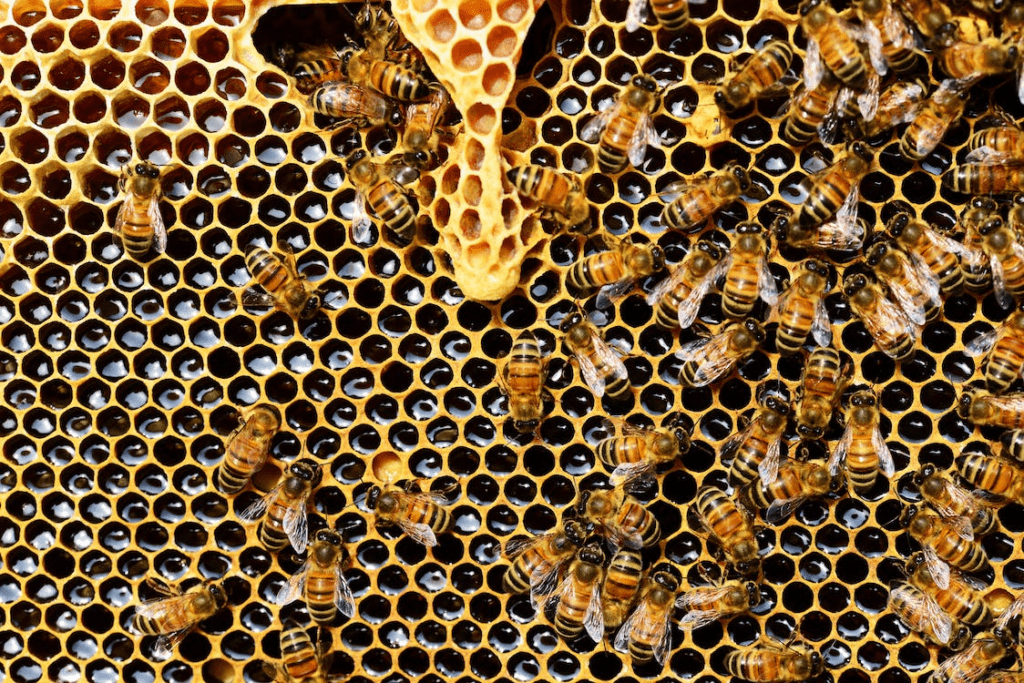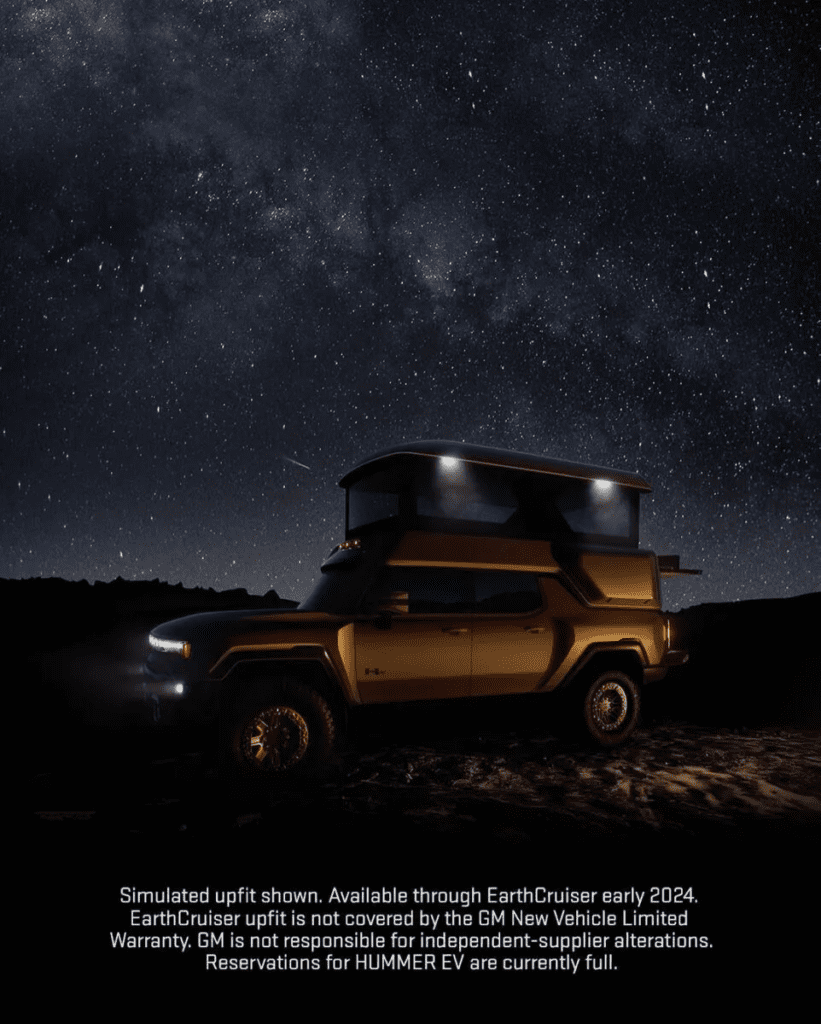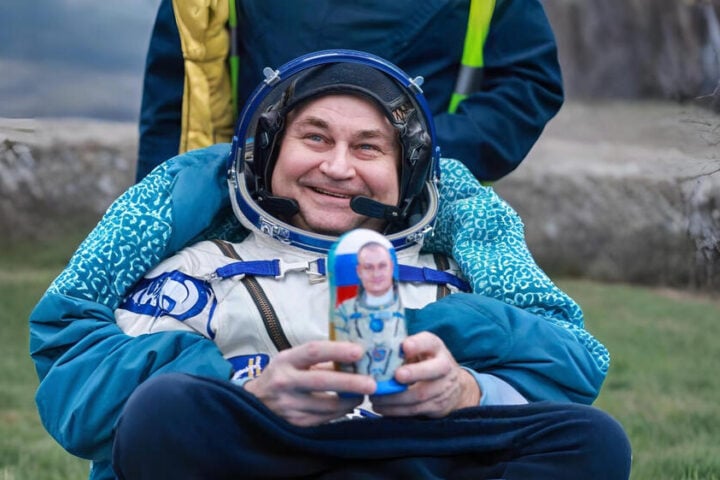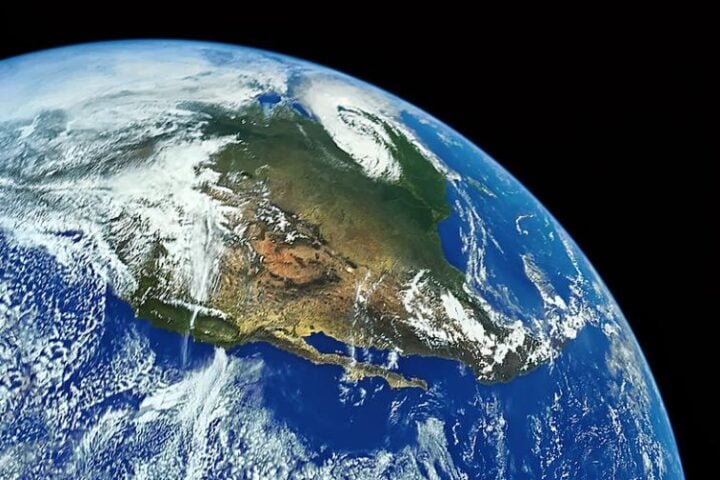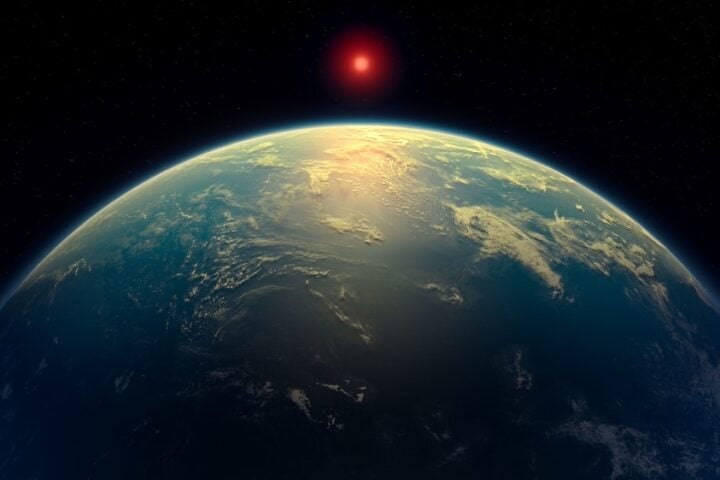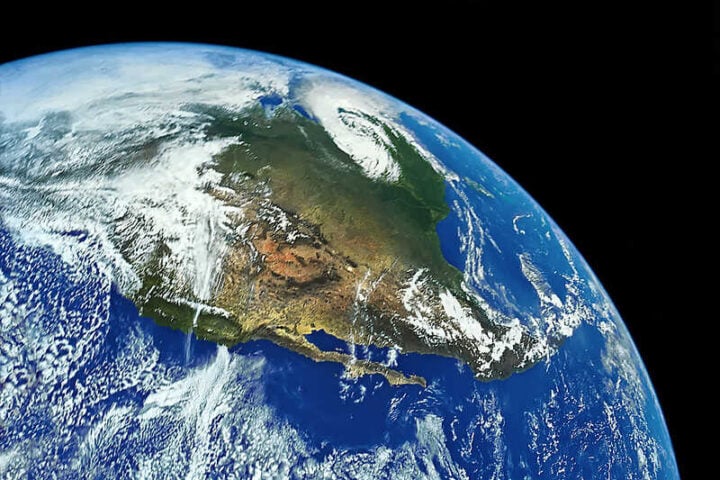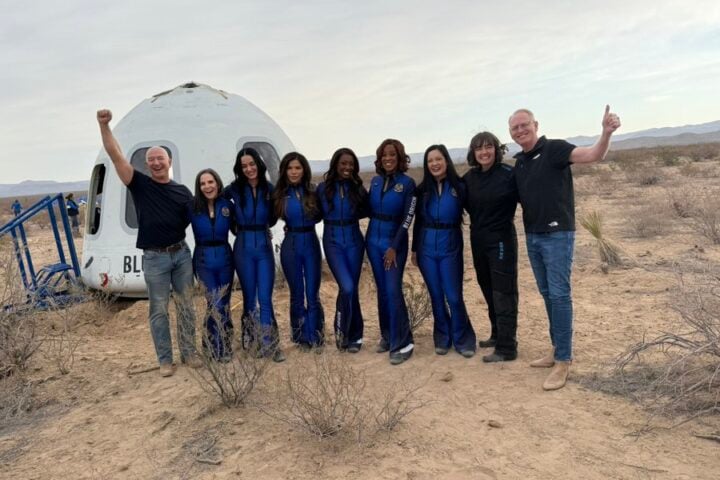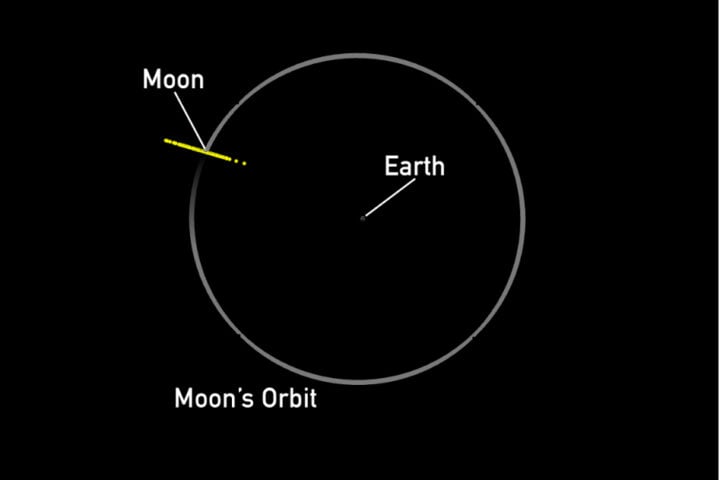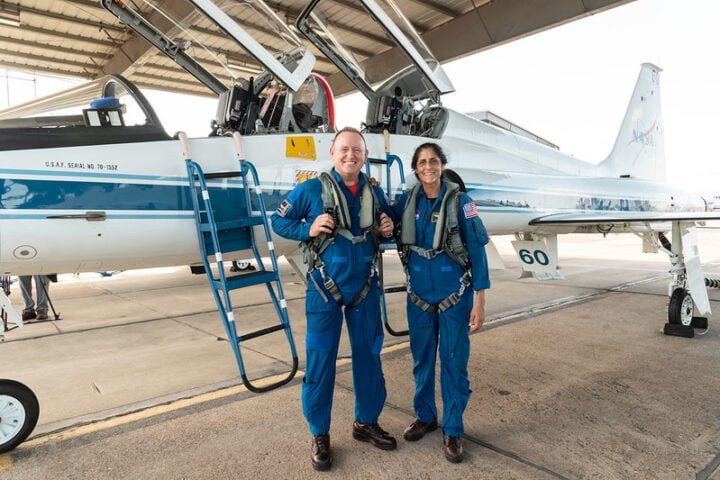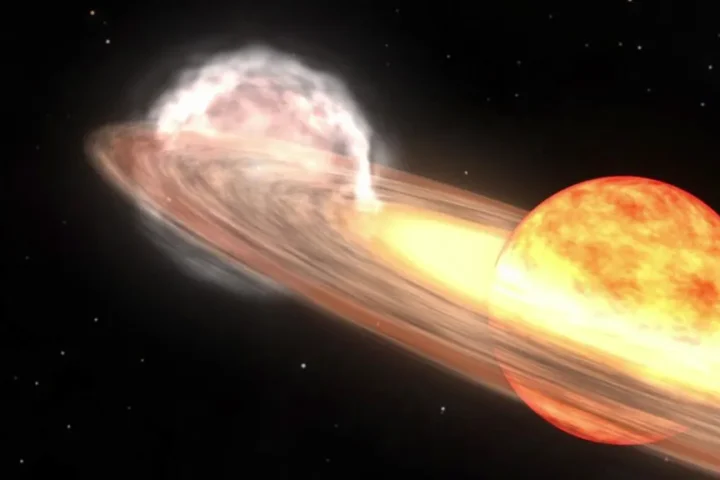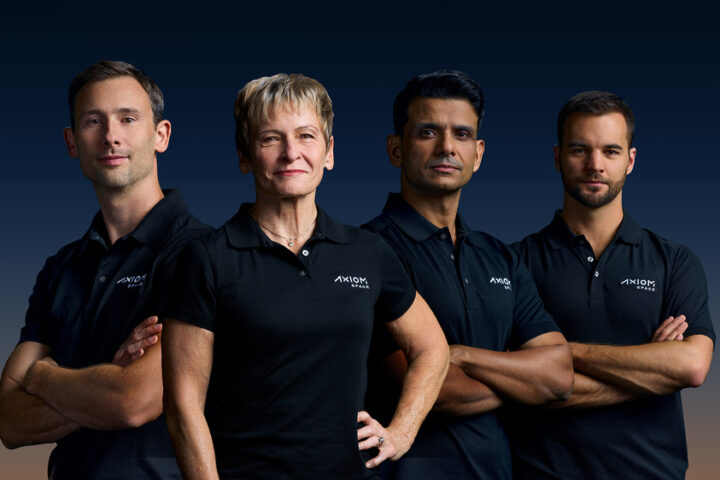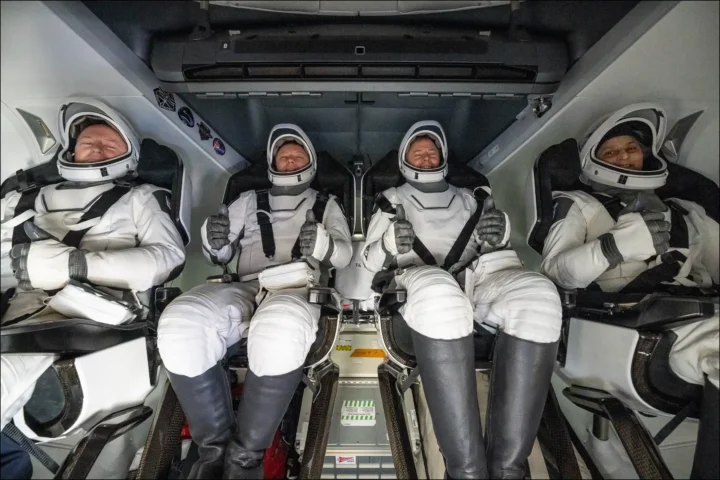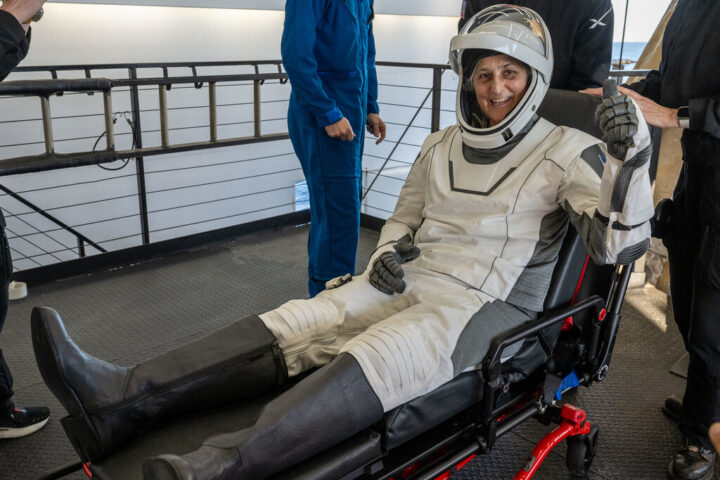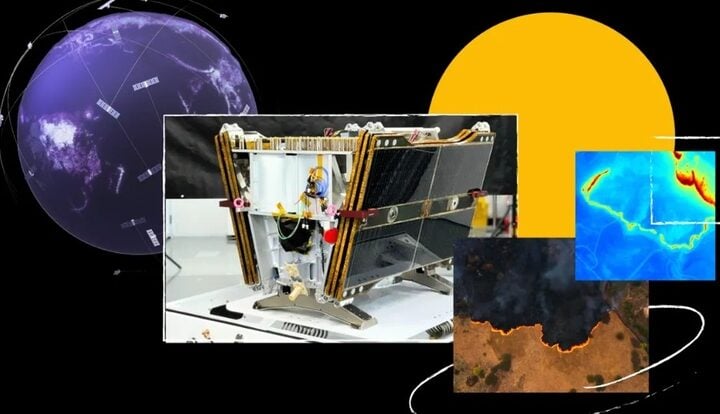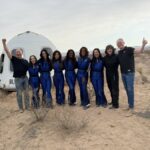In a pivotal moment for space tourism, Virgin Galactic’s Galactic 02 mission has taken center stage, presenting a panorama of opportunities, challenges, and milestones. As we reach for the stars, it’s paramount to approach the journey critically and pragmatically.
Leading the narrative of this historic flight are Keisha Schahaff and her daughter, Anastasia Mayers. Their voyage, a blend of serendipity and ambition, marks the first mother-daughter duo to touch the fringe of space. Schahaff’s participation, secured through a Space for Humanity fundraising competition, paints a picture of space democratization. However, the broader lens hints at a lingering conundrum: is the cosmos genuinely opening up, or does it remain a frontier for the affluent or fortuitous?
The mission’s passenger manifest further diversifies with Jon Goodwin, a former Olympian from the Munich ’72 games. As an octogenarian with Parkinson’s, Goodwin’s journey might seem audacious to many. His experience underscores the intersections of age, health, and space travel, raising pertinent questions about inclusivity in this nascent industry. As more individuals like Goodwin aspire for the stars, will spacefaring companies be equipped to accommodate diverse health needs?
Beyond personal stories, the technological marvel behind Galactic 02 is nothing short of revolutionary. The VSS Unity, post-detachment from its carrier plane VMS Eve, shot to suborbital space, momentarily subjecting its occupants to approximately 3Gs. While the sheer audacity of this feat is commendable, the technology’s maturity and passenger safety are essential topics for scrutiny. As commercial space travel amplifies, so too should our vigilance on its safety protocols.
Goodwin’s description of the dramatic re-entry, akin to an ‘out of control’ sensation, could be a harbinger. As space tourism proliferates, passenger preparedness will be a linchpin. Beyond the allure and aesthetics, individuals must be primed for space’s physical and psychological rigors. The professional astronauts on board, namely Sturckow and Latimer, brought to the table a wealth of expertise, their reflections offering insights into the quantum leap space travel is taking. Yet, in their awe, there’s a subtext – the imperative for continuous learning, even for seasoned space professionals.
Similar Post
Sir Richard Branson’s tweet post-flight, celebrating the triumvirate of Schahaff, Mayers, and Goodwin, was emblematic of Virgin Galactic’s achievements. But with ticket costs ranging between $250,000 and $450,000 and an extensive customer backlog, questions about sustainability and environmental implications become inescapable. Is the industry ready to scale while maintaining an ecological balance?
In synthesizing Galactic 02’s narrative, we find a juxtaposition. The mission symbolizes the boundless potential of space tourism, epitomized through diverse passenger experiences. Yet, it simultaneously serves as a touchstone, urging introspection about the industry’s broader responsibilities. As we stand at this interstellar juncture, our trajectory must be informed, sustainable, and above all, forward-thinking.

